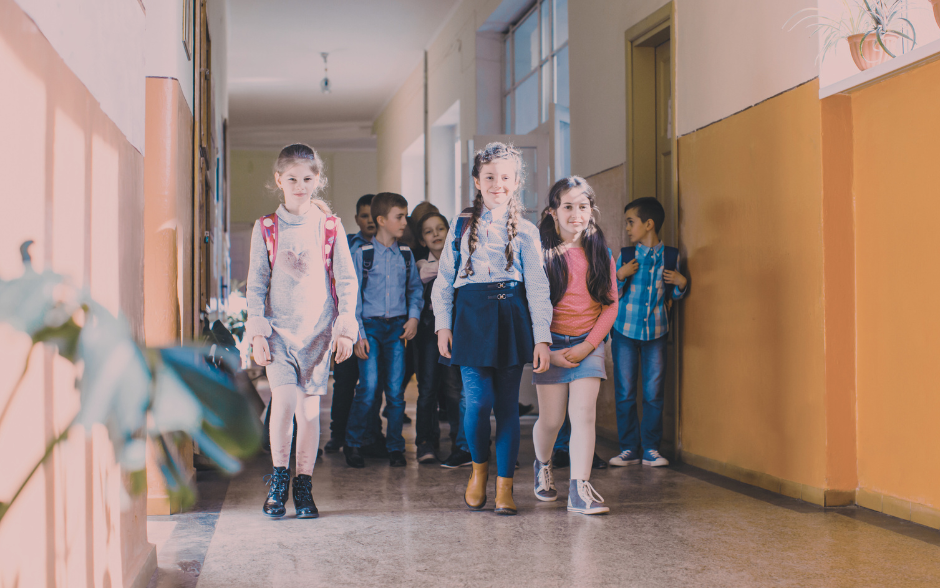
Aug 13, 2025
We’ve all been there: coaching kids to “play nice,” to include everyone, to be the bigger person. And yeah, those are great lessons—until your kid comes home miserable because they feel stuck with a classmate who drains their energy or just… doesn’t click. So, is it okay to tell them they don’t have to be friends with everyone?
Spoiler: Absolutely. But here’s the nuance.
Friendship ≠ kindness (and that’s okay). You can (and should) teach kids that kindness, respect, and basic human decency are non-negotiable. But friendship? That’s personal. Friends are people you vibe with—the ones who make you laugh, share your weird obsessions, and leave you feeling energized, not exhausted. If someone doesn’t fit that bill? That’s fine. You don’t have to force a connection. But you do have to treat them with dignity—like inviting them to join a game if they’re alone, even if they’re not your weekend sleepover crew.
You start teaching these concepts early, although keep it age-appropriate.
Toddlers aren’t exactly analyzing social dynamics, but you can teach them it’s okay to say, “No thank you,” instead of snatching a toy. By elementary school, kids start curating their social circles. That’s when they need to hear: “You don’t have to like everyone, but you do have to be decent.”
For little kids, focus on empathy: “How would you feel if someone ignored you?”
For teens, dive into boundaries: “You don’t owe anyone your emotional energy.”
You can help kids spot a “meh” friendship. Although chemistry isn’t teachable, self-awareness is. Help kids reflect:
- “Who do you feel ‘yourself’ around?”
- “Who drains your battery vs. charges it?”
No drama, no “good vs. bad” labels—just noticing which relationships feel right. For older kids, talk red flags (drama, one-sided effort) and green flags (trust, laughter, ease).
There is an art to being kind but distant.You can be polite without oversharing. Teach kids tiered responses:
- Acquaintance: “Thanks for asking! I’m busy this weekend.” (Polite but vague.)
- Friend: “Ugh, I wish I could! Family thing—text me next week?”(Warm but honest.)
This isn’t about being fake; it’s about balancing kindness with self-respect.
There are times when your kid really doesn’t like someone.
Avoid: “Just be nicer!”
Try: “What’s bothering you about them?”
Sometimes, it’s a personality clash. Other times, it’s a red flag (like pushiness or meanness). Help them articulate the why—then brainstorm how to interact without faking friendship.
The bigger lesson is that kids who learn this early avoid two traps:
1. People-pleasing: Saying “yes” to everyone out of guilt.
2. Clique mentality: Mistaking exclusivity for standards.
Friendship is a privilege, not a right. Kindness is a requirement, not a negotiation.
It’s healthy for kids to learn that not every relationship needs to be deep—and that’s not the same as being mean. Boundaries aren’t cruel; they’re self-care. And honestly? That’s a lesson most adults could stand to relearn.
